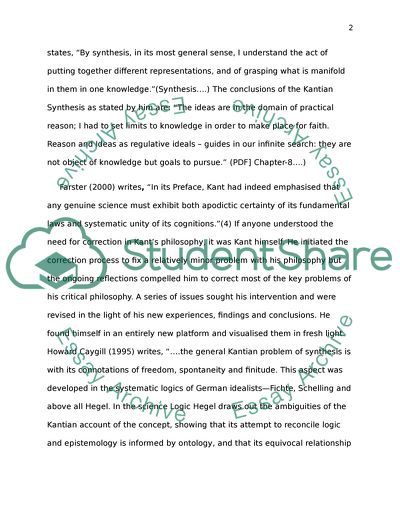Cite this document
(Kant's View of the Mind and Consciousness of Self Book Report/Review, n.d.)
Kant's View of the Mind and Consciousness of Self Book Report/Review. Retrieved from https://studentshare.org/philosophy/1740029-essay
Kant's View of the Mind and Consciousness of Self Book Report/Review. Retrieved from https://studentshare.org/philosophy/1740029-essay
(Kant'S View of the Mind and Consciousness of Self Book Report/Review)
Kant'S View of the Mind and Consciousness of Self Book Report/Review. https://studentshare.org/philosophy/1740029-essay.
Kant'S View of the Mind and Consciousness of Self Book Report/Review. https://studentshare.org/philosophy/1740029-essay.
“Kant'S View of the Mind and Consciousness of Self Book Report/Review”, n.d. https://studentshare.org/philosophy/1740029-essay.


